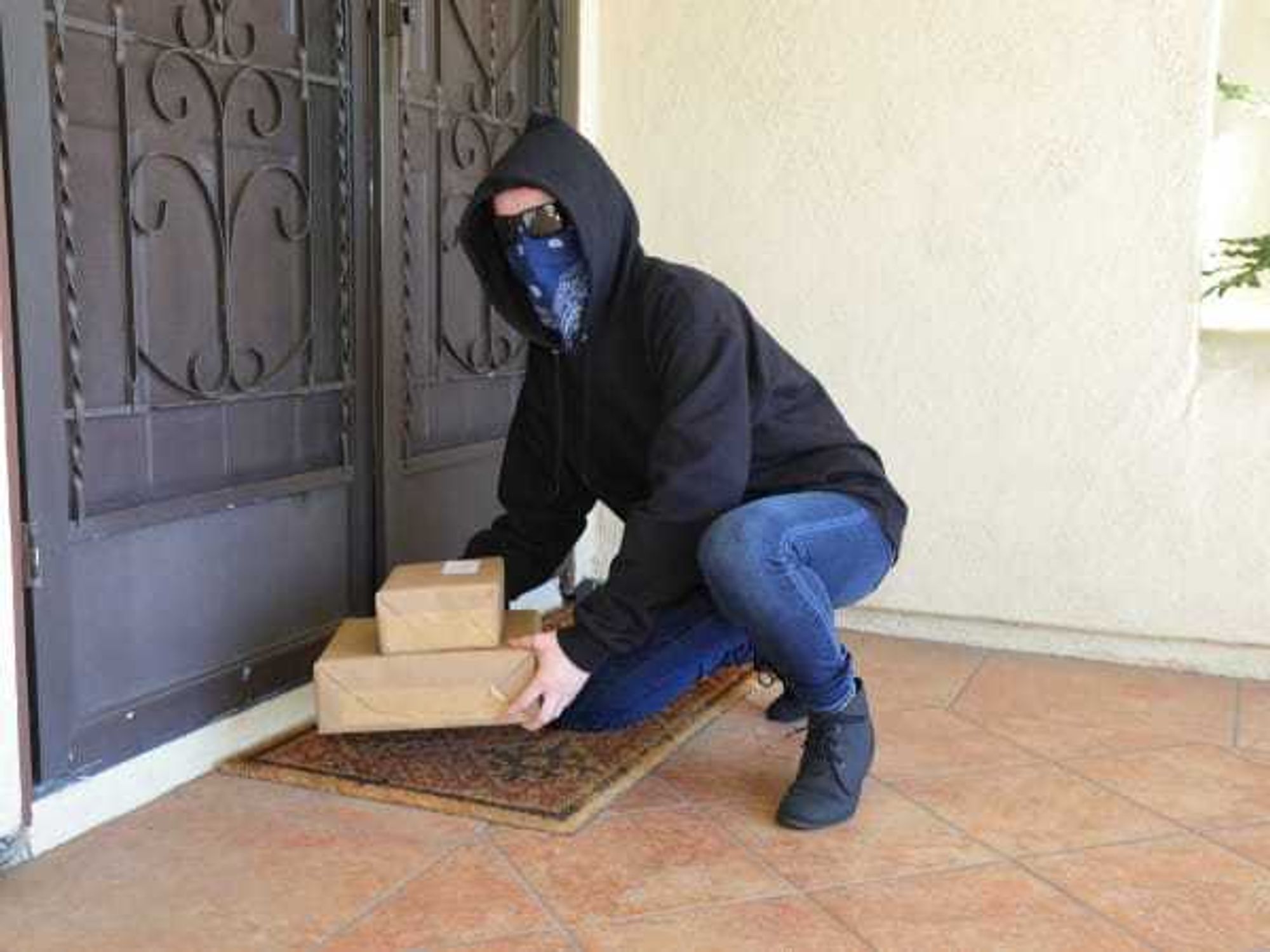Syphilis or a wrong number?
"Hey babe, will you pee on my phone?": Smartphone STD tests bring hookups to thefuture
 The technology could help diabetics better manage their blood-sugar levels.
The technology could help diabetics better manage their blood-sugar levels. "Hey, babe, will you pee on my phone? I want to make sure you're clean."
"Hey, babe, will you pee on my phone? I want to make sure you're clean." A group of scientists in Great Britain seek to turn your smart phone into aportable STD test kit. (CNN.com)
A group of scientists in Great Britain seek to turn your smart phone into aportable STD test kit. (CNN.com) The smartphone-ready STD tests may be available in vending machines of clubs.
The smartphone-ready STD tests may be available in vending machines of clubs. Is the bathroom of a dirty bar really where you want to hear important newsabout your sexual health?
Is the bathroom of a dirty bar really where you want to hear important newsabout your sexual health? The technology could be used to test your blood alcohol level, which would bemore accurate than hand-held breathalyzers.Courtesy photo
The technology could be used to test your blood alcohol level, which would bemore accurate than hand-held breathalyzers.Courtesy photo Like condom vending machines, the tests could combine convenience andprotection.
Like condom vending machines, the tests could combine convenience andprotection. A Polymerase Chain Reaction (PCR) test is the most accurate way to screen forSTDs.
A Polymerase Chain Reaction (PCR) test is the most accurate way to screen forSTDs.
“Suri, u haz teh hep-c :( !”
Soon your smart phone — yes, your actual phone itself — might be telling you this. (It may or not be in LOL-speak.)
Research scientists in the United Kingdom have spent $6.5 million to turn cell phones into mini STD testing stations. Once development is complete, smartphone users will be able to test their urine or saliva by putting it onto a chip about the size of a USB drive and plugging it into their phones for a quick diagnosis.
Dr. Tariq Sadiq, a researcher with St. George's University of London and leader of the project, explains, "We're kind of halfway there to be honest, and that's why we've got funding — to complete that."
It’s still unknown which sexually transmitted diseases the device will recognize and what kind of test it will use. Currently, the most accurate (and most expensive) method is a polymerase chain reaction (PCR) test. A PCR test finds the DNA of the virus or bacteria rather than looking for antibodies or antigens.
The device will by no means guarantee risk-free sex. Like condoms in a vending machine of a club’s bathroom, the test will serve as a convenient (but not flawless) way to protect yourself.
Currently the smart chip requires a drop of blood, though the researchers hope to make urine samples possible. In my experience, liquids (especially pee) should NOT come near electronics. Besides, how is a girl supposed to pee onto a microchip without also peeing on her hands? Gross.
Personally, I’d prefer pricking my finger with a safety pin. Though then you’re drawing blood and, thus, potentially sharing needles and spreading the very diseases you're testing for.
Blood or piss, medical professionals are unlikely to back the device. There’s little chance it will come close to the accuracy of a clinical test. Doctors already loathe patients self-diagnosing. (Just ask any general practitioner how he or she feels about WebMD.) A self-administered test also opens avenues for human error, misinterpreted results, and paranoia and anxiety over false positives. Worse still, negative results might lead some to believe that they’re negative for all possible diseases (instead of just those tested).
Then there's the freak-out factor. When faced with bad news concerning your health, a person should have a doctor present to answer questions and explain treatment options. Imagine discovering you have syphilis with your pants around your ankles in a public restroom, your hookup waiting outside the stall. It seems like a recipe for a nervous breakdown.
The tests also could infringe on privacy. It would be way too easy for a frenemy or angry ex to grab your phone and publish your results (or fake your results) on Facebook. Remember that these aren’t legal medical records thus patient confidentiality does not apply.
If we’re inventing phone gadgets to test our blood, why not create one for diabetics? As the number of adult-onset diabetes cases grows, linking portable blood-sugar monitors to phones seems the obvious next step.
Or why not a blood alcohol monitor? Sure, they sell dinky breathalyzers you can attach to your key chain. But either these are highly inaccurate or last weekend my bestie’s BAC was 70 times the legal limit. (I mean she can hold her liquor, but 70!)
With all of the city feeling under the weather, perhaps the budding technology could best serve Houston by identifying the bugs flying around the city. Is it strep throat (a bacteria treatable with antibiotics) or a virus? Is your co-worker coming down with the flu or just hung over again?
If you’re still against peeing on your phone, don’t worry. It has a long way to go before entering the market.
